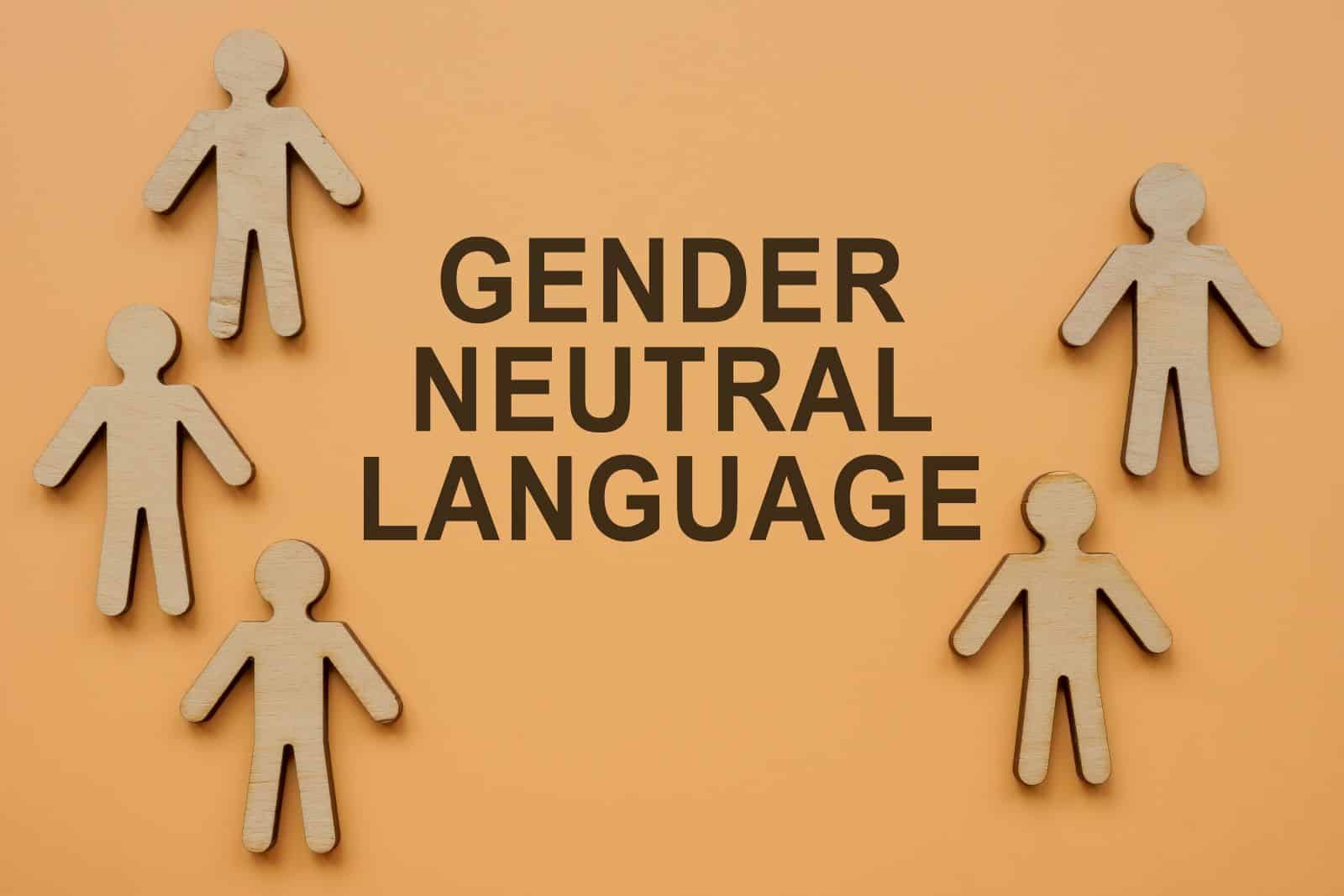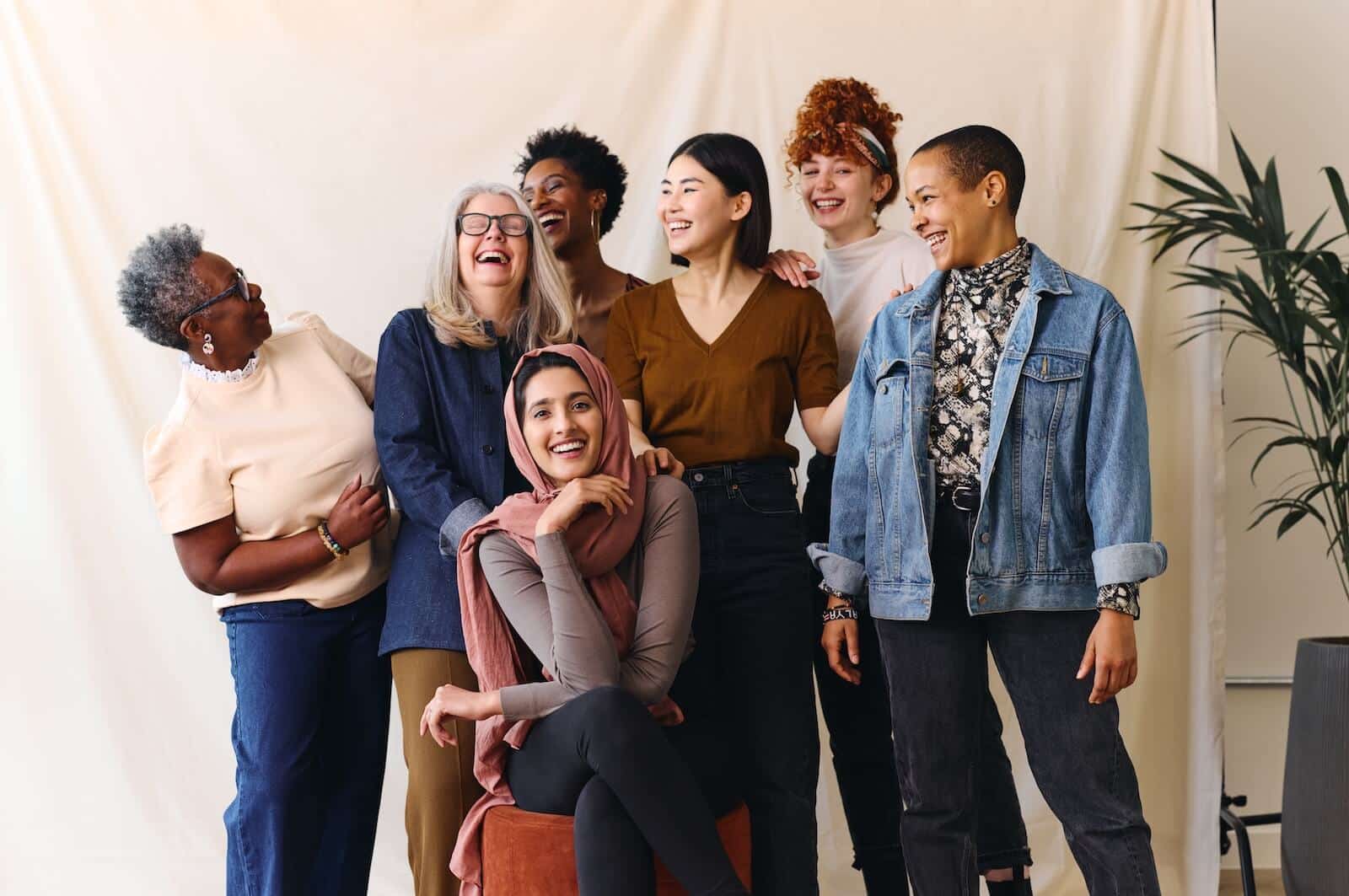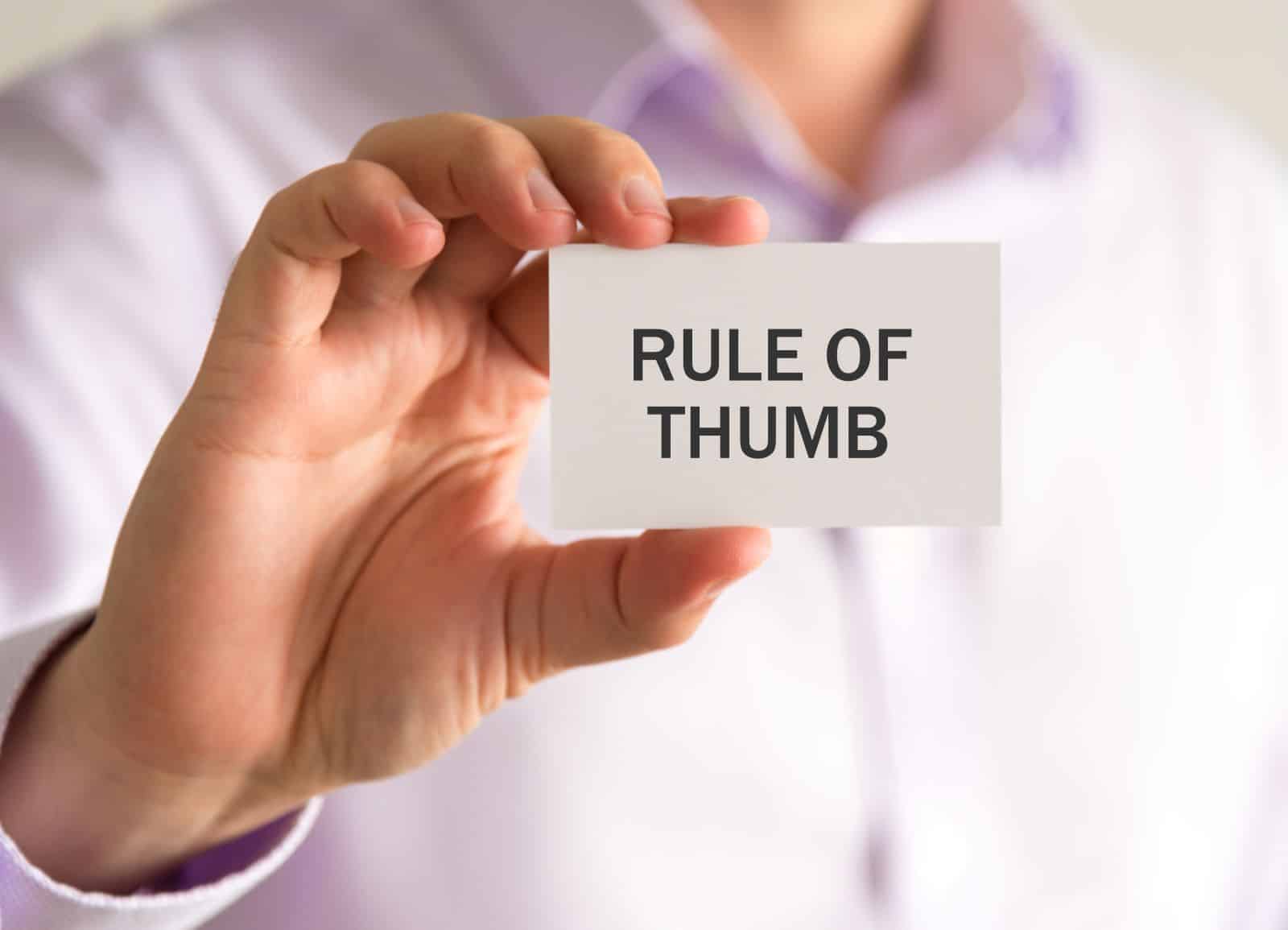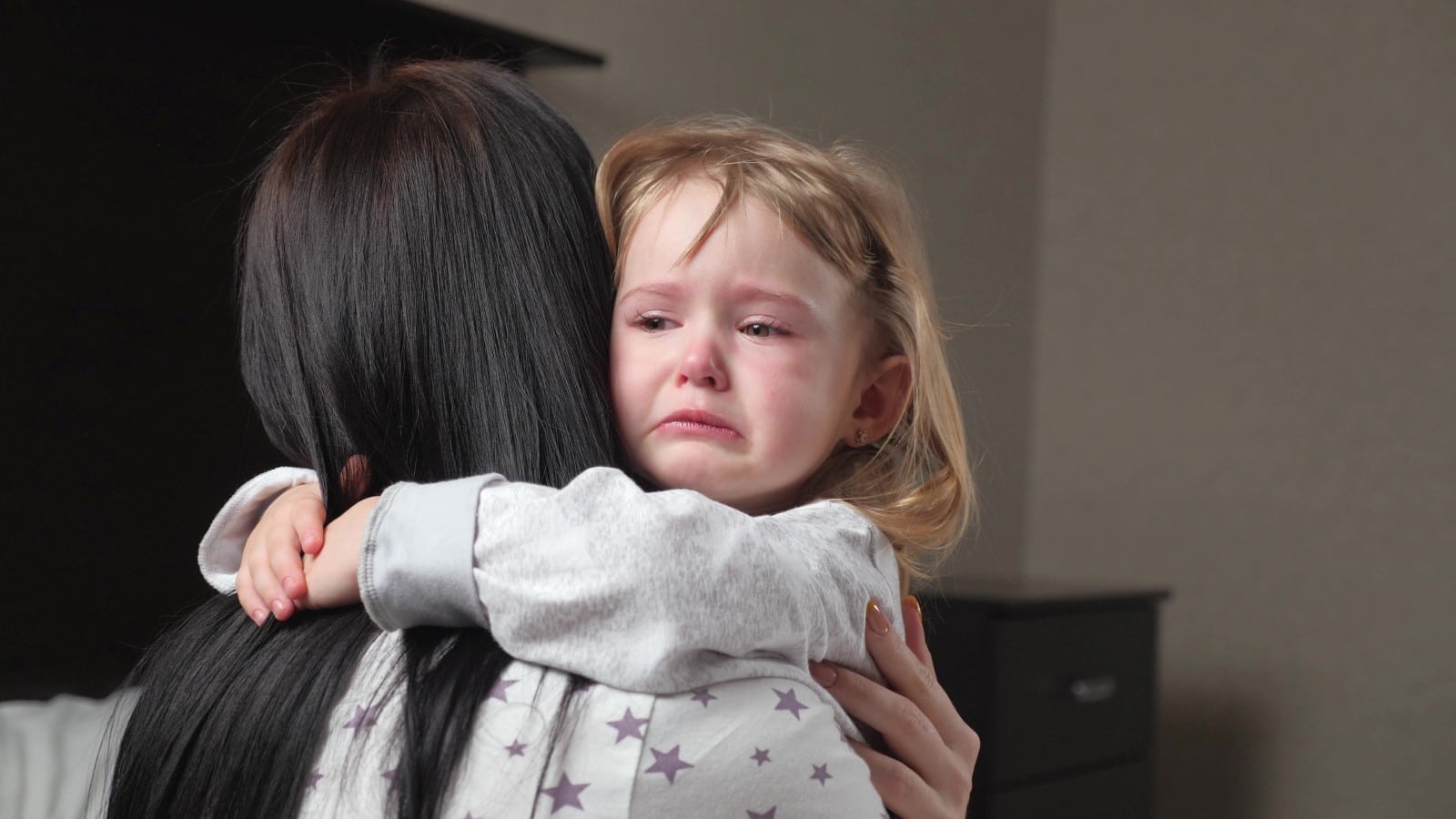“Wokism’s” attempt to promote equality and respect is driving changes in our language. Classic sayings are being scrutinized, and there are ongoing conversations about altering or removing commonly used phrases that are deemed as non-inclusive language. Let’s explore classic sayings that are transforming in the midst of these changes.
Master Bedroom No More: Revamping Real Estate Terminology

The real estate industry is adapting to promote inclusivity by replacing “master bedroom” with “primary bedroom.” This change reflects a broader movement towards addressing historical associations with slavery and power dynamics.
Mankind to Humankind: Rebranding Gender-Neutral Language

Shifting from “mankind” to “humankind” emphasizes gender inclusivity in language. It also recognizes that gender is not binary and strives to create an environment where everyone feels represented.
Crazy and Insane Take a Backseat: Shifting Mental Health Conversations

Replacing terms like “crazy” and “insane” with more sensitive language reflects society’s growing understanding of mental health. This change encourages empathy and understanding, reducing stigma around mental illness.
Goodbye ‘Guys,’ Hello Inclusivity: Rethinking Group Addressing

The debate over using “guys” to address mixed-gender groups highlights language’s evolving nature. Some argue that the term is not inherently gender-neutral, prompting a shift towards more inclusive alternatives.
Colorblind No More: Recognizing Diversity’s Importance

Rejecting “colorblindness” acknowledges that acknowledging differences is essential to understanding and addressing systemic inequalities. This shift underscores the importance of recognizing and celebrating diverse identities.
From Whitelist to Allowlist: Dismantling Racial Stereotypes

The tech industry’s move from “whitelist” to “allowlist” demonstrates a commitment to promoting inclusivity by avoiding terminology that may perpetuate racial stereotypes.
Out with ‘Illegal Alien,’ In with ‘Undocumented Immigrant’

The language surrounding immigration is evolving to emphasize the humanity of individuals. The shift from “illegal alien” to “undocumented immigrant” focuses on the person rather than their legal status.
Unveiling Authenticity: Beyond ‘Real Man’ and ‘Real Woman’

Dismantling rigid gender expectations involves reconsidering phrases like “real man” and “real woman.” This shift acknowledges that everyone’s experience of gender is valid and unique.
Police Officer, Not Policeman: Navigating Gender-Inclusive Titles

The shift towards gender-neutral titles like “police officer” promotes inclusivity and recognizes the diverse roles and identities within law enforcement.
Rejecting ‘Indian Giver’: Choosing Respectful Alternatives

The phrase “Indian giver” perpetuates stereotypes about Indigenous cultures. This shift encourages using respectful alternatives that do not perpetuate harmful narratives.
Finding New Ways to Describe ‘Lame’: Toward Inclusive Language

The term “lame” has ableist connotations, prompting a movement towards using language that does not stigmatize disabilities or contribute to harmful stereotypes.
Reimagining ‘Spirit Animal’: A Cultural Consideration

The term “spirit animal” draws from Indigenous traditions, raising cultural appropriation concerns. Exploring alternative expressions can help foster respect for diverse beliefs.
Challenging ‘Man Up’: Redefining Masculinity

The phrase “man up” reinforces harmful stereotypes about masculinity. Evolving language encourages redefining masculinity to embrace emotional expression and vulnerability.
Adiós ‘Cotton-Picking’: Confronting Racist Language

The phrase “cotton-picking” has deep-rooted racist origins, making its use problematic. Choosing alternatives acknowledges the historical pain associated with the phrase.
From ‘Grandfathered In’ to ‘Legacy Status’: Evolving Business Speak

The shift from “grandfathered in” to “legacy status” in business contexts emphasizes the idea of preserving historical relevance without using potentially exclusionary terms.
Out with ‘Rule of Thumb,’ In with Thoughtful Expression

The phrase “rule of thumb” has been associated with derogatory origins. Replacing it with thoughtful alternatives promotes conscious communication.
Navigating ‘Addict’ vs. ‘Person with Addiction’: Person-Centered Language

Shifting from “addict” to “person with addiction” emphasizes the individual’s humanity over their condition, promoting a compassionate approach to discussions about addiction.
Extinguishing ‘Burned at the Stake’: Respecting History’s Impact

The phrase “burned at the stake” references a painful historical reality. Choosing alternative expressions shows consideration for those who suffered during witch trials.
Farewell to ‘Blind Spots,’ Welcome ‘Unconscious Bias’ Understanding

The shift from “blind spots” to “unconscious bias” reflects a deeper understanding of how biases operate, highlighting the importance of recognizing and addressing them.
Rewriting ‘Open Sesame’: Rethinking Inclusivity in Stories

Examining the cultural sensitivity of commonly used phrases, such as “open sesame,” emphasizes the need for inclusive storytelling and language.
Shifting from ‘Gyp’ to ‘Cheat’: Addressing Cultural Appropriation

Replacing “gyp” with “cheat” acknowledges that the former is rooted in offensive stereotypes against the Romani people.
Rebranding ‘Sanity Check’: Promoting Mental Health Discourse

The shift from “sanity check” to more neutral alternatives acknowledges that mental health is a serious matter that requires sensitive language.
Seeing Past ‘Black Sheep’: Reassessing Family Terminology

The phrase “black sheep” may perpetuate negative stereotypes within families. Rethinking such expressions fosters healthier dynamics.
Letting Go of ‘Hysterical’: Recognizing Gendered Language

The term “hysterical” has historical ties to gendered discrimination. Its replacement with more neutral language promotes equity.
Beyond ‘Dumb Blonde’: Updating Stereotypical Labels

The phrase “dumb blonde” perpetuates harmful stereotypes. Replacing it with more respectful language supports diversity and respect.
Changing ‘Suffering from’ to ‘Living with’: Shifting Health Narratives

Reframing health-related language from “suffering from” to “living with” empowers individuals and emphasizes their agency in managing their conditions.
Banning ‘Illegal Download,’ Welcoming ‘Unauthorized Copy’

The term “illegal download” is being replaced by “unauthorized copy” to emphasize the breach of permission rather than solely the legal aspect of acquiring copyrighted material without proper authorization.
Engaging in Respectful Dialogue

Changes in language stem from evolving societal conversations about inclusivity, respect, and diverse perspectives, reflecting both progress and potential concerns.
Engaging in respectful dialogue is key to navigating these shifts in language and cultural awareness.
“They Just Kept on Increasing” – Trans Teenagers Are on the Rise, and Now Studies Are Showing the Reasons Behind This ‘Strange’ Development

A new study shows that more and more young people are feeling a mismatch between their assigned gender at birth and the gender they feel inside. “They Just Kept on Increasing” – Trans Teenagers Are on the Rise, and Now Studies Are Showing the Reasons Behind This ‘Strange’ Development
20 Signs You’re a Bad Parent and the Things That Your Kids Will Remember Forever

If you’re a parent, chances are you’ve had more than a few moments when things aren’t quite right in the parenting world. Whether it’s the lack of sleep catching up to you during preschool pickup or worrying about how many hours your teenager spends on social media, it can be hard to know if everything is normal or something needs to change. 20 Signs You’re a Bad Parent and the Things That Your Kids Will Remember Forever
30 of the Dumbest Things Baby Boomers Have Done to Make Life Impossibly Difficult for Millennials

Generational differences often lead to misunderstandings and conflicts. While it’s easy to stereotype and blame an entire generation for societal problems, the reality is more nuanced. However, many Millennials feel that some actions and decisions made predominantly by the Baby Boomer generation have had negative impacts on their lives. 30 of the Dumbest Things Baby Boomers Have Done to Make Life Impossibly Difficult for Millennials
Teenagers Write ‘Black’ on the Check Instead of Leaving a Tip – Server Takes a Bold Stand Against Racism and Fair Treatment

Instead of leaving the customary amount, a group of teenagers chose to write the word “black” on the tip line of their bill, sparking a chain of events that would expose deeper issues. Teenagers Write ‘Black’ on the Check Instead of Leaving a Tip – Server Takes a Bold Stand Against Racism and Fair Treatment
“Whiteness Is a Cult”: Black Woman Sparks Outrage Pointing Out White Women as the Most Dangerous Group in America

A Black woman’s controversial TikTok video goes viral, igniting a fiery discourse. She says, “White women are one of the most dangerous groups in the United States and abroad.” “Whiteness Is a Cult”: Black Woman Sparks Outrage Pointing Out White Women as the Most Dangerous Group in America
The post You Can No Longer “Man Up”: 30 Classic Sayings Wiped Out by Wokism’s’ Push for Inclusivity first appeared on Mama Say What?!
Featured Image Credit: Shutterstock / Andrii Iemelianenko. The people shown in the images are for illustrative purposes only, not the actual people featured in the story.





